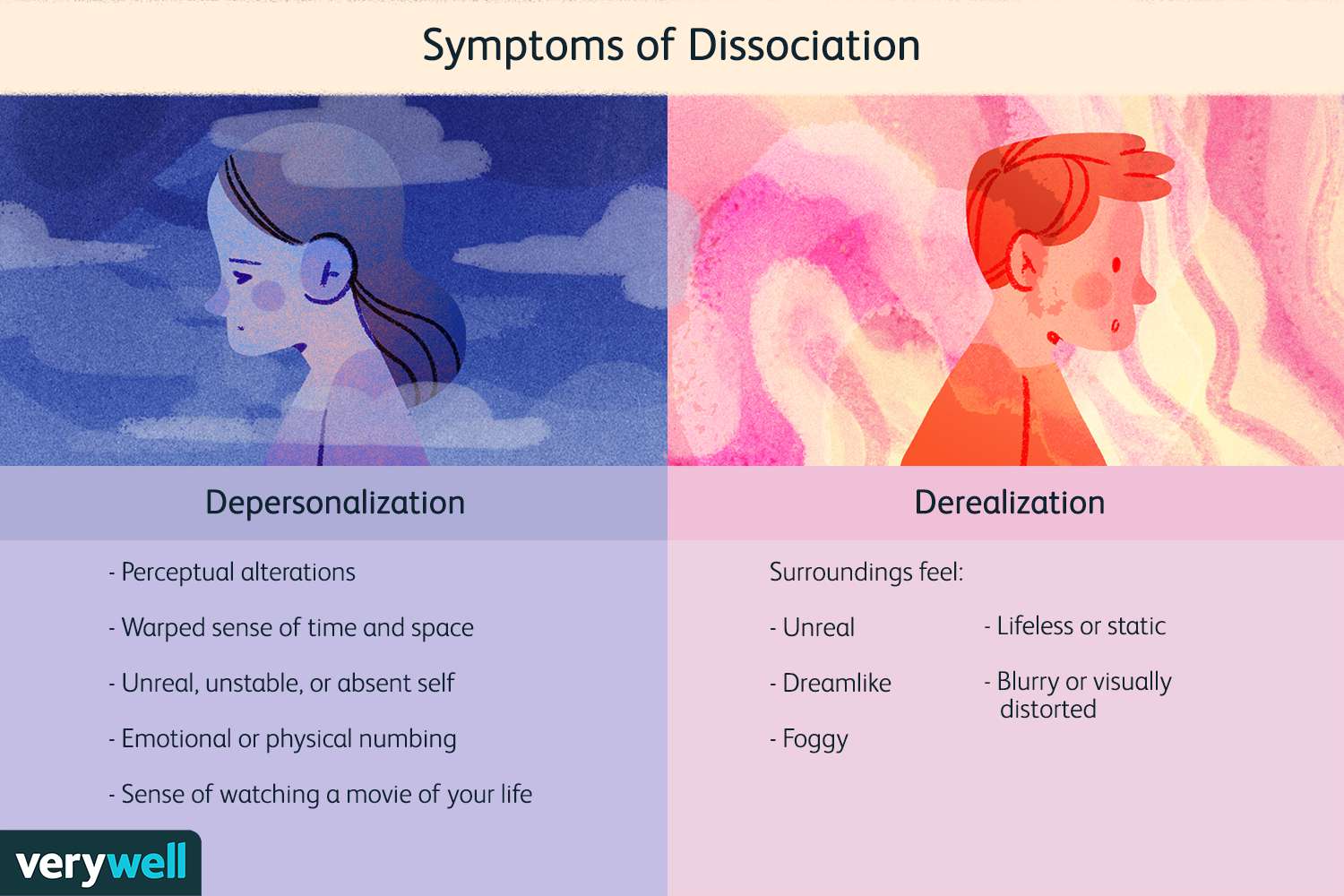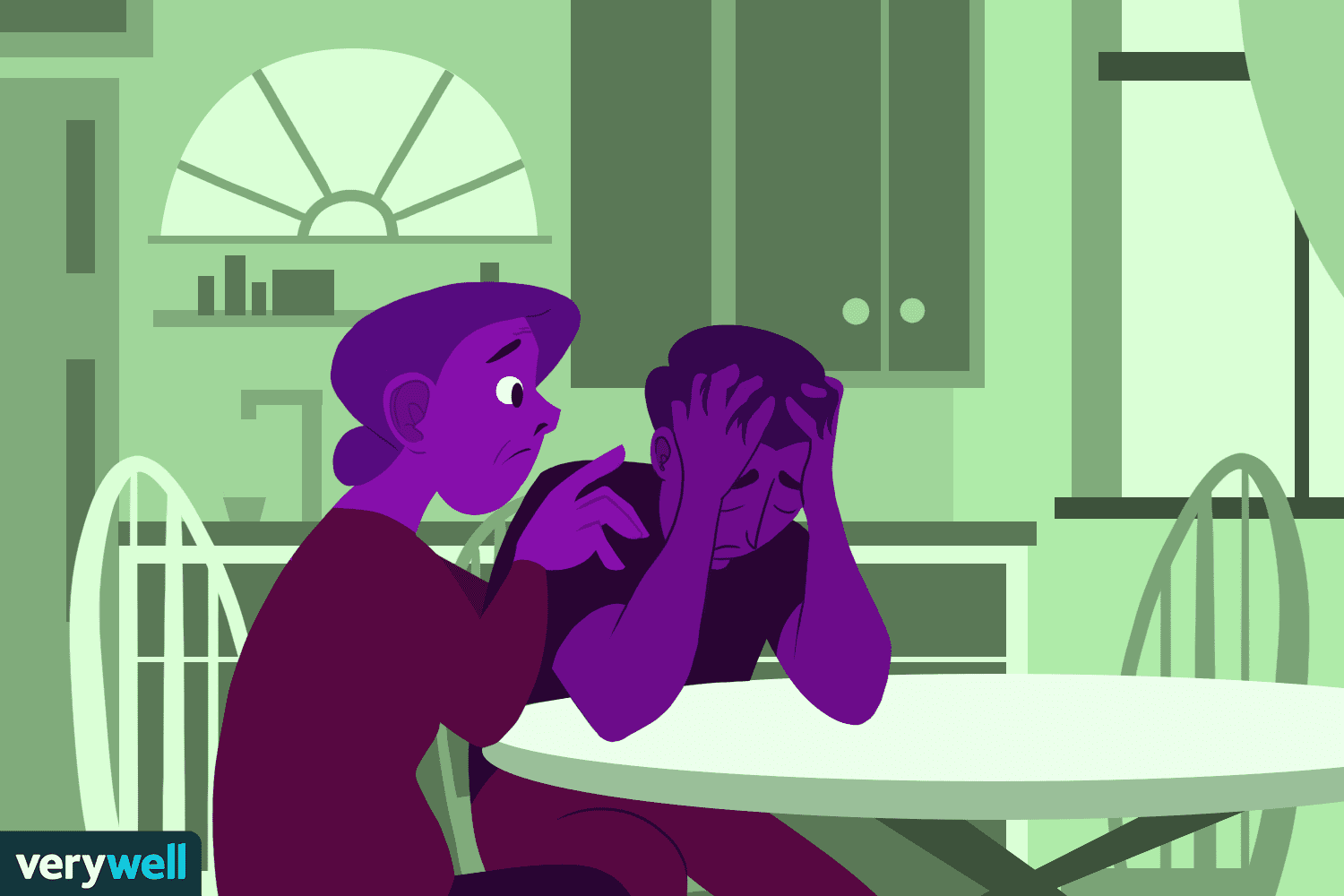Depersonalization is a dissociative disorder characterized by feelings of detachment or disconnection from one’s own thoughts, feelings, body, or actions. It can feel as if you’re observing yourself from outside your body, or as if your thoughts and feelings aren’t your own.
Symptoms of Depersonalization
Symptoms of depersonalization can vary from person to person but may include:
- Feeling detached from one’s own body: This can feel like being an outside observer of one’s own actions.
- Feeling disconnected from one’s thoughts and feelings: A sense of numbness or emptiness.
- A sense of unreality or dreamlike state: The world may seem unreal or distorted.
- Perceptual disturbances: Altered perceptions of time, space, or one’s body.
Causes of Depersonalization
The exact causes of depersonalization are not fully understood. However, several factors may contribute to its development, including:
- Stress and Trauma: Significant stress or trauma can trigger depersonalization.
- Anxiety and Depression: These mental health conditions can increase the risk of depersonalization.
- Substance Abuse: Excessive use of drugs or alcohol can lead to depersonalization.
- Medical Conditions: Certain medical conditions, such as epilepsy or migraines, may be associated with depersonalization.
Treatment for Depersonalization
Treatment for depersonalization often involves a combination of therapies:
- Psychotherapy: Cognitive-behavioral therapy (CBT) can help individuals challenge negative thoughts and develop coping strategies.
- Medication: Antidepressants or anti-anxiety medications may be prescribed to manage symptoms.
- Mindfulness Techniques: Practices like meditation and mindfulness can help individuals stay grounded in the present moment.
It’s important to seek professional help if you’re experiencing symptoms of depersonalization. With appropriate treatment, many people can manage their symptoms and improve their quality of life.



